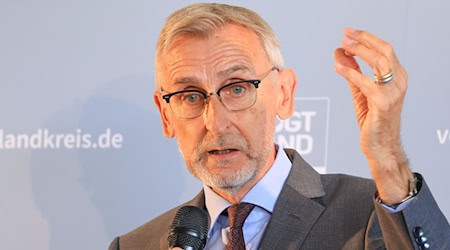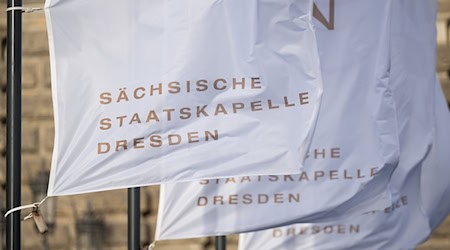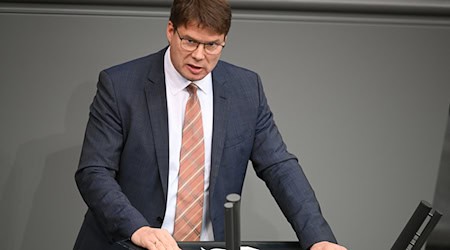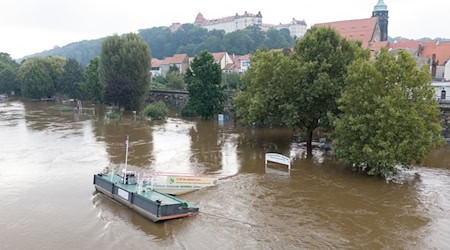During his inaugural visit to the Czech Republic, Federal Minister of the Interior Alexander Dobrindt defended the tightened German border controls. "Germany has a strong magnetic effect on illegal migration in the world," said the CSU politician. This must be reduced and the numbers must continue to fall.
The 54-year-old acknowledged an additional workload for the police, but emphasized that the controls were having an effect. There is also a request for support from customs. Random checks, including at smaller border crossings, are being carried out intelligently.
At the same time, Dobrindt spoke out in favor of pan-European solutions. The new black-red federal government will no longer act as a brake in Brussels when it comes to developing joint measures against illegal migration.
Czech Republic calls for time limit
The Czech Interior Minister Vit Rakusan called for an early return to the Schengen principles of freedom of travel without internal border controls. The current German measures are perceived as an "exceptional situation" in Prague. He had agreed with Dobrindt on a joint evaluation of the stricter controls one month after their introduction, i.e. at the beginning of June.
According to Prague, so-called "transit migration" through the Czech Republic is at its lowest level for five years. Most rejections from Germany concern Ukrainian citizens who have a Czech residence permit but not a Schengen residence permit. Migrants from countries such as Syria tend to be the exception.
Long border with the Czech Republic
Germany and the Czech Republic share a border that is more than 800 kilometers long. Many Czechs commute to work in Saxony or Bavaria. Just a few hours after taking office as Federal Minister of the Interior three weeks ago, Dobrindt ordered an intensification of border controls. At the same time, he ordered that asylum seekers should also be able to be turned back at the border in future. However, this should not apply to pregnant women, children and other members of vulnerable groups.
Copyright 2025, dpa (www.dpa.de). All rights reserved










